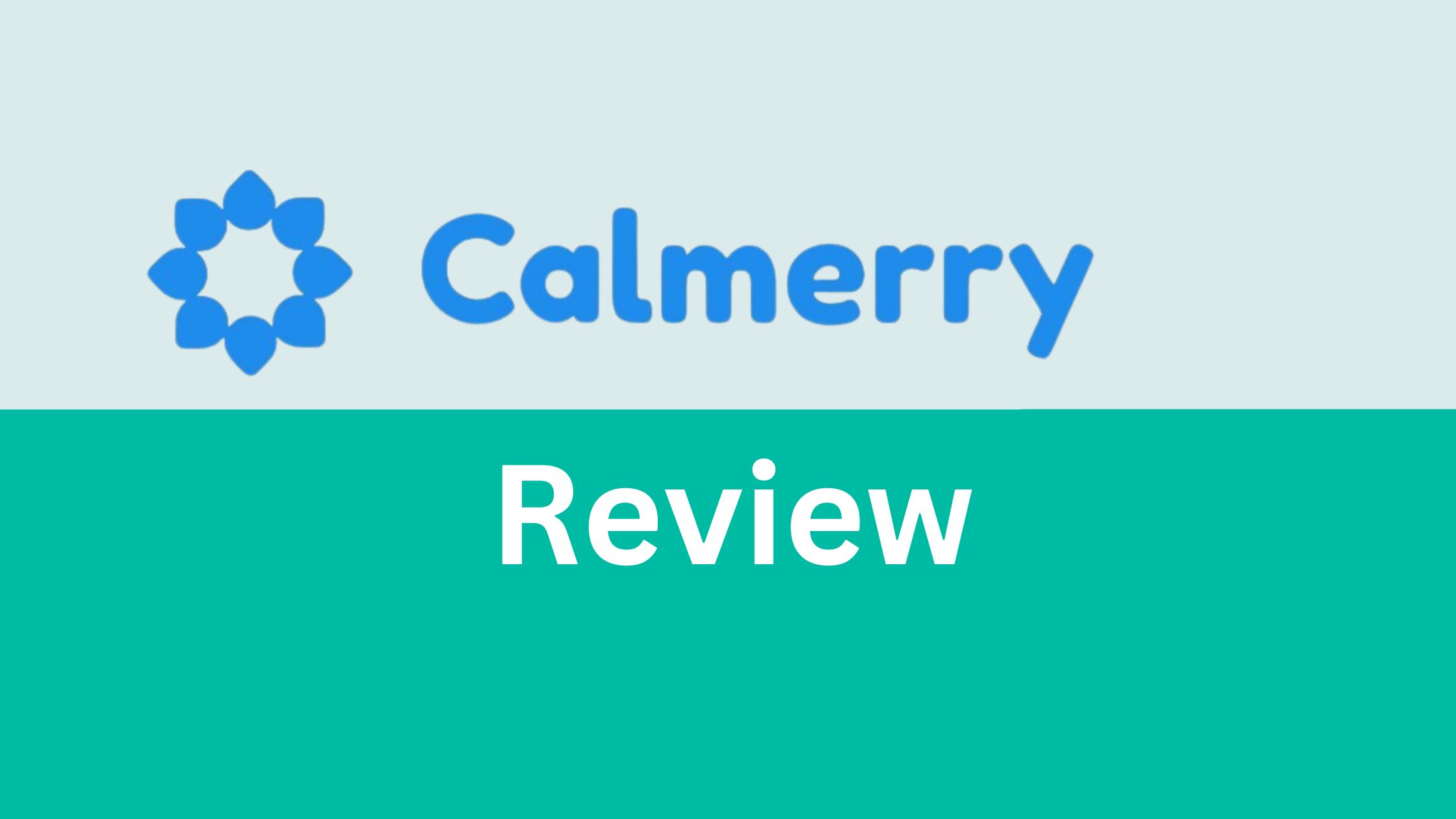Reactive depression, often synonymous with adjustment disorder or situational depression, is an emotional and psychological response to an identifiable stressor or life-altering event.
Unlike other forms of depression, which may have a more nebulous or multifactorial origin, reactive depression arises following specific events such as the loss of a loved one, divorce, or losing a job.
It’s crucial to understand that reactive depression is a natural part of the human experience and is often considered to be within the normal spectrum of responses to significant life stressors.
Reactive Depression: An Overview

Reactive depression is characterized by an emotional state that is considered an excessive or prolonged reaction to the stressor.
It typically manifests with symptoms similar to those found in major depressive disorder, but the distinction lies in its direct connection to the triggering circumstances.
Individuals experiencing reactive depression may report feelings of sadness, hopelessness, and a loss of interest in activities they used to enjoy. However, these symptoms usually are confined to the period of adjustment to the stressor.
Health professionals strive to differentiate reactive depression from more severe psychiatric disorders to tailor appropriate interventions.
Can Reactive Depression Lead to Other Mental Health Issues?
Reactive depression, if left unchecked, may possibly evolve into a more severe depressive disorder. This highlights the importance of addressing symptoms early and seeking appropriate treatment.
In some individuals, prolonged reactive depression can contribute to the development of other mental health issues, such as:
- Anxiety disorders
- Chronic depressive symptoms
- Chronic stress or adjustment difficulties
In my experience, recognizing the signs of reactive depression promptly and seeking professional support plays a crucial role in preventing the escalation of this condition into a more entrenched mood disorder.
Reactive vs. Clinical Depression
While both reactive depression and clinical depression can share common symptoms, they differ in several ways:
| Feature | Reactive Depression | Clinical Depression |
|---|---|---|
| Onset | Usually occurs soon after a specific event | Can develop without a clear trigger |
| Duration | The symptoms tend to be short-term, often resolving within a few months, especially with the removal of or adjustment to the triggering stressor | Is characterized by persistent symptoms that last for weeks, months, or even years, and can persist even in the absence of external stressors |
Causes and Triggers

Understanding the onset of reactive depression involves distinguishing between the external events that can trigger this condition and internal predispositions that may increase an individual’s susceptibility to it.
Common Stressors and Triggers
Reactive depression, which is a depressive reaction to a stressful life event, can be triggered by a number of external stressors. These triggers often involve significant life changes.
For example, the death of a loved one, going through a divorce, or experiencing a job loss are intense events that can precipitate reactive depression. Additionally, having a baby or facing retirement can also serve as catalysts due to the significant life alterations they entail.
Other scenarios such as enduring a natural disaster, combat, or other relationship problems can also act as stressors that lead to this form of depression.
Risk Factors and Vulnerabilities
Certain risk factors and vulnerabilities make individuals more susceptible to developing reactive depression upon encountering stressors.
These include a personal or family history of depression, existing psychological conditions, and lack of a strong support system. Below are specific risk factors:
- Personal or family history of depression: Genetic predispositions can heighten the likelihood of reactive depression.
- Lack of social support: An individual with few social ties may have a harder time coping with stressors.
- Personality traits: Traits such as pessimism or low self-esteem can increase the vulnerability to depression when faced with adversity.
It is important to recognize that while these stressors and risk factors can act as catalysts for reactive depression, they vary significantly between individuals.
The intensity and impact of these stressors are also influenced by personal resiliency and coping mechanisms.
Symptoms

Reactive depression, also known as situational depression, manifests after one encounters a stressful life event.
It is characterized by an emotional and behavioral response that includes a range of symptoms. Commonly, individuals may experience:
- Sadness and frequent crying without an apparent cause
- Overwhelming feelings of hopelessness or distress
- Disproportionate anxiety about routine matters
- Sleep disturbance, ranging from insomnia to excessive sleeping
- Marked changes in appetite, whether an increase or decrease
- Physical symptoms such as unexplained headaches
- Irritability or sudden agitation
In some cases, emotional symptoms can escalate to suicidal thoughts or actions, particularly if the depression is severe or left untreated.
Diagnosis Process
The diagnosis of reactive depression involves a clinical evaluation by a mental health professional. This evaluation includes:
- A detailed discussion around the life event causing grief or distress.
- An assessment of psychological responses, including feelings of sadness, hopelessness, and anxiety.
- Observations of behavioral symptoms like withdrawal from typical activities and changes in daily functioning.
A diagnosis is typically based on the individual meeting specific criteria that include the presence of emotional or behavioral symptoms for a consistent period, generally several weeks.
The process also differentiates reactive depression from other types of depression, ensuring that treatment approaches are tailored to the individual’s specific symptoms and experiences.
Impact on Life and Relationships

Reactive depression significantly alters an individual’s life, casting a shadow over personal relationships and daily functioning in work and society.
Effects on Personal Relationships
Reactive depression can cause a ripple effect in personal relationships. Individuals may experience a sense of hopelessness that makes maintaining healthy connections challenging.
For example, adults grappling with the loss of a loved one or undergoing a major life change may exhibit withdrawal from social interactions. This shift often leads to strained relationships, as the depressed individual may not be able to participate emotionally or provide support to others.
Children, who may lack the understanding or ability to express their feelings during events such as a significant move or parents’ divorce, might display signs of reactive depression through changes in behavior or mood.
Work and Social Impact
The effects of reactive depression reach into a person’s work and social life. A sudden job loss or relationship problems can lead to a period of adjustment where one may struggle to fulfill their professional roles.
Chronic feelings of being overwhelmed can diminish concentration and productivity, leading to long-term repercussions in their career.
Socially, those suffering may isolate themselves, and social issues can ensue due to their withdrawal from group activities or gatherings.
This social isolation can exacerbate feelings of loneliness, potentially increasing the risk of suicide if the individual does not receive the support and help needed to navigate through their depressive state.
Treatment and Management
Treatment and management of reactive depression require a comprehensive approach, encompassing various therapeutic modalities, appropriate medication and supplements, and lifestyle adjustments to improve coping strategies.
Therapeutic Approaches

Psychotherapy is a cornerstone in the treatment of reactive depression.
Cognitive Behavioral Therapy (CBT) is particularly effective, as it helps individuals identify and alter negative thought patterns that contribute to depressive symptoms.
For many individuals, engaging in support groups provides a shared space to connect with others facing similar challenges, enhancing the therapeutic process.
By using websites like Find-a-therapist.com, BetterHelp, or Online-therapy.com you can connect with the right licensed therapist to address reactive depression.
Medication and Supplements
In conjunction with therapy, certain medications like antidepressants can be beneficial for managing reactive depression.
Additionally, dietary supplements might play a supportive role in mental health management, although one should always consult a healthcare provider before starting any medication or supplement.
Lifestyle and Coping Strategies
Lifestyle changes are pivotal in managing reactive depression. Regular exercise is recommended due to its mood-boosting effects, and it is often viewed as a practical way to cope with stress.
Furthermore, individuals are encouraged to develop coping strategies, like scheduling enjoyable activities and practicing mindfulness, to combat the symptoms of situational depression.
Therapists Specializing in Depression
Conclusion
In understanding the nuances of this condition, mental health professionals may offer more personalized and effective treatment plans. Research about the epigenetic aspects of reactive depression underscores the complexity of depressive disorders and the need for tailored approaches.
People diagnosed with this condition often have a favorable prognosis as they can identify and address the root causes of their distress. With appropriate support, many recover fully and mitigate the chances of recurrence.
References
Showraki, M. (2019). Reactive depression: Lost in translation!. The Journal of Nervous and Mental Disease, 207(9), 755-759. Link.
Smith, C. E., Leenerts, M. H., & Gajewski, B. J. (2003). A systematically tested intervention for managing reactive depression. Nursing Research, 52(6), 401-409. Link.









